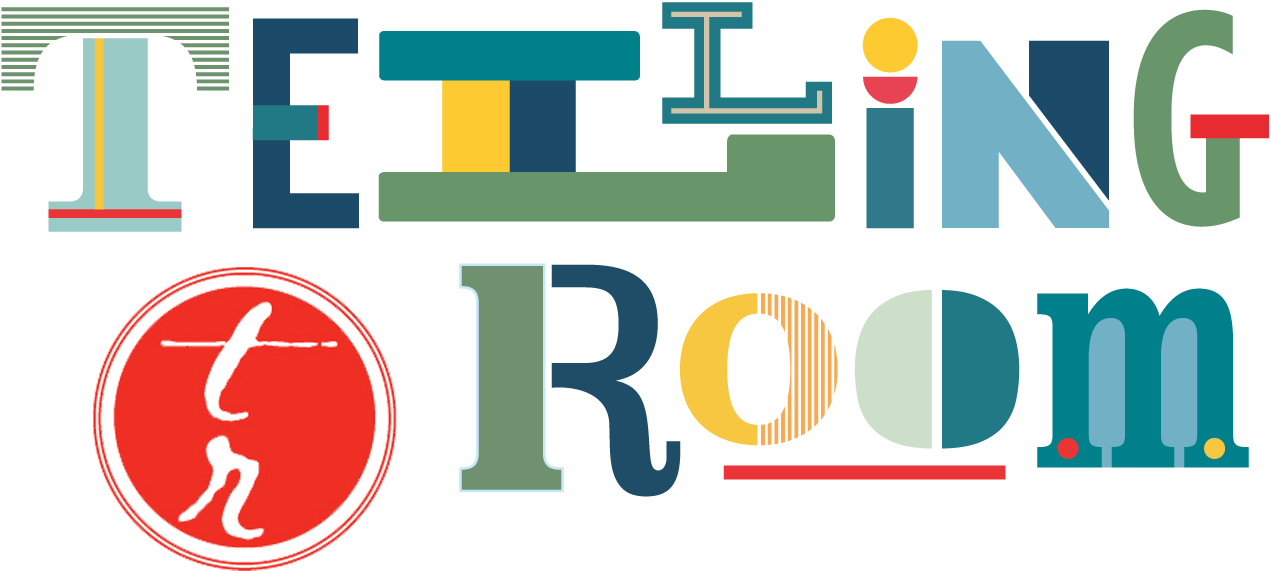"Our Shared Language" by Linh Nguyen
Image Description: A butternut squash sliced in half with the seeds inside against a mint green background.
2022 Maine Literary Award Winner for the Youth Competition in Nonfiction
I often pretended to fall asleep on family road trips. That’s when my mom told the best stories, reminiscing with my dad about their life in Vietnam.
When the car turned quiet, my mom would begin to open up about her rural life, and as if in a trance, I would be transported to the fields—feeling the beads of sweat drip down my forehead as I rake the hay. Although my morning alarm and the crowing roosters in my mom’s rural home revealed the stark contrast between our childhoods, I felt as if my mom’s stories were bridging the gaps in my clashing Vietnamese American self.
As soon as we returned home, however, my mom sheltered stories about Vietnam, and once again, our cultural gap reappeared. Pretending to sleep became my unorthodox way of understanding my mom, my childhood, and my heritage.
Soon eavesdropping wasn’t enough. Every attempt of my sleeping facade reminded me of my nervousness about communicating in Vietnamese. At times, I wanted to ask my mom about things like the origin behind her delectable butternut squash soup, but my native tongue failed me when I needed it most. Our conversations grew monotonous. Every night, I would ask her, in Vietnamese, “How was work?” knowing well the answer was the same every time. Always, “It was good.”
In Vietnamese, a language bursting with emotion and togetherness, I could only feel disconnection. While pretending to sleep comforted my insecurities, I felt like a stranger listening to stories that were not my own. Seeking a change, I had to recognize that my own voice captained the voyage that drifted me afar from my Vietnamese identity.
Through mimicking the pronunciation of words around me, I began to mend my Vietnamese. There are still impurities within my speech, but with each word spoken, I am reminded of the connections I can foster. It is the ability to communicate with my grandma overseas or to spark conversations with strangers at karaoke nights that shape my Vietnamese identity—not the breadth of my vocabulary. Harnessing this newfound courage, I gained confidence in my voice. I am blessed to know two clashing languages at the crossroads, using each to propel my voice forward. My Vietnamese simplifies complex English for my mom at doctor appointments. My English dispels conflicts by facilitating dialogue for students with different viewpoints. No matter the language, I seek to foster connections between communities.
Given the opportunity to speak to educators across Southern Maine, I raised concerns for the lack of accountability in our education system. Through witnessing the ignored cries of my peers on racial disparities within our schools, I implored those educators to prioritize student voice and use their platform for advocacy.
Under the gaze of dozens, I reflected on the girl who once walked the path of silence, fearing that she would communicate the wrong things. The girl who pretended to sleep during car rides because she was afraid of her native tongue. Remnants of her are still a part of me, but instead of conforming to these insecurities, I appreciate her faults, letting her words free.
My hands weave through the silver strands in my mom’s raven hair. Firmly gripping the tweezers, I begin to pluck. In the mundane activity, silence is encouraged, but facing my native tongue, I begin to speak. When asking about her Vietnamese past, my words are pungent, overflowing with raggedy and vulnerable Vietnamese. I do not care about setting the right cadence or the “American” coating of my words. In that moment, I embrace my clouded speech. My mom is hesitant at first, but slowly, the same road-trip stories emerge. The butternut squash soup I once wondered about transforms into a dish passed down generationally that speaks of motherhood and love.
This time, I listen to her, not as a stranger eavesdropping, but as her Vietnamese daughter, embracing her through our shared language.
Linh Nguyen is a senior at Deering High School. Although Linh plans to pursue a career within STEM, she finds writing as an outlet for introspection and creativity. Linh wrote “Our Shared Language” while reminiscing about her childhood, her relationship with her mother, and her Vietnamese identity.

